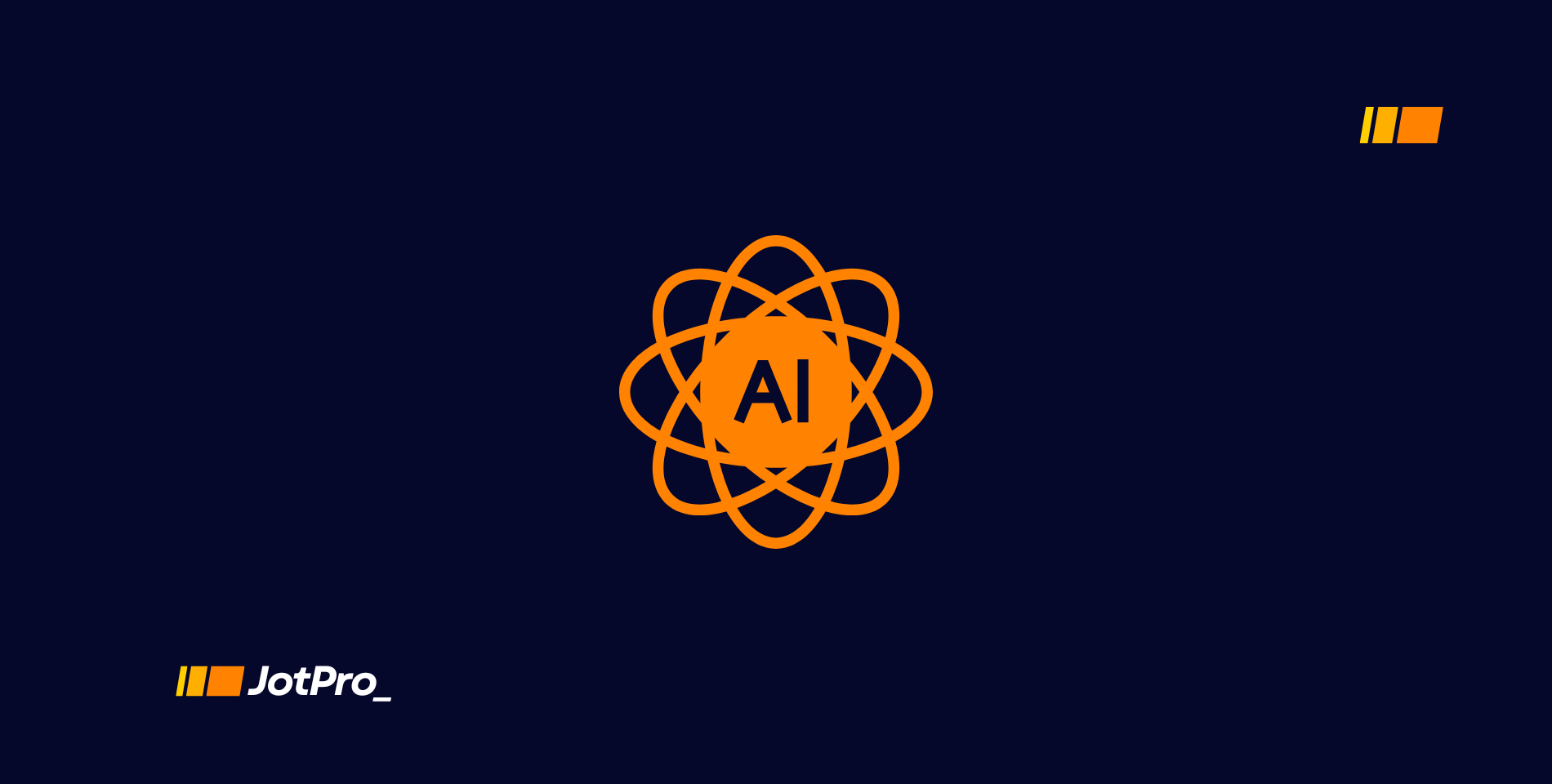Artificial Intelligence, commonly known as AI, is a rapidly evolving technology that is shaping the future of various industries. From self-driving cars to virtual assistants, AI has become an integral part of our everyday lives. But what exactly is AI, and how does it work?
In this blog post, we will delve into the world of artificial intelligence, exploring its definition, types, applications, and future implications. Lets explore, what is AI.
Definition of AI
Artificial Intelligence refers to the simulation of human intelligence in machines that are programmed to think and act like humans.
The goal of AI is to create intelligent machines that can perform tasks that typically require human intelligence, such as visual perception, speech recognition, decision-making, and language translation. AI systems are designed to learn from experience, adapt to new inputs, and perform tasks without human intervention.
Ready to explore the power of AI in your writing and content creation? JotPro is the ultimate tool to help you unlock the potential of artificial intelligence. Whether you’re automating blog posts, optimizing content, or using AI for speech-to-text, JotPro has everything you need. Start your free trial today and see how JotPro can streamline your workflow and boost productivity. Sign up now to experience the future of AI-driven content creation!
Types of AI
There are two main types of AI: Narrow AI and General AI.
Narrow AI
Narrow AI, also known as Weak AI, is designed to perform specific tasks within a limited domain. These AI systems are programmed to excel at a single task, such as facial recognition, natural language processing, or playing chess. Narrow AI is the most common form of AI that we encounter in our daily lives, from recommendation algorithms on streaming platforms to chatbots on websites.
General AI
General AI, also known as Strong AI or AGI (Artificial General Intelligence), refers to AI systems that possess human-like intelligence and are capable of performing any intellectual task that a human can do. General AI is still a theoretical concept and has not been achieved yet. Researchers are working towards developing AI systems that can reason, learn, and understand the world in the way that humans do.
Applications of AI
AI technology is being used across various industries to streamline processes, enhance decision-making, and improve user experiences.
Some common applications of AI include:
Healthcare
AI is revolutionizing the healthcare industry by enabling faster and more accurate diagnosis, personalized treatment plans, and predictive analytics. AI-powered tools such as medical imaging algorithms, virtual health assistants, and predictive modeling systems are helping healthcare professionals deliver better patient care and improve outcomes.
Finance
In the finance sector, AI is being used to detect fraud, automate trading, and provide personalized financial advice. AI-powered chatbots and virtual assistants are helping banks and financial institutions improve customer service and streamline operations. Machine learning algorithms are also used for credit scoring, risk assessment, and investment management.
Transportation
AI is transforming the transportation industry with the development of self-driving cars, traffic management systems, and predictive maintenance solutions. Autonomous vehicles powered by AI technology are expected to revolutionize the way we travel, reducing accidents, congestion, and emissions. AI is also being used to optimize route planning, improve logistics, and enhance passenger experience.
Future Implications of AI
As AI technology continues to advance, it raises important ethical, social, and economic implications that need to be addressed.
Some of the key considerations for the future of AI include:
Ethical Concerns
AI systems have the potential to perpetuate biases, invade privacy, and replace human jobs. It is essential to develop ethical guidelines and regulations to ensure that AI is used responsibly and ethically. Organizations must prioritize transparency, accountability, and fairness in the development and deployment of AI systems.
Job Displacement
The rise of AI technology is expected to disrupt the labor market, leading to the automation of routine tasks and the displacement of certain jobs. It is crucial for policymakers, educators, and businesses to prepare for the impact of AI on the workforce and implement strategies to reskill and upskill workers for the jobs of the future.
Societal Impact
AI has the potential to transform society in profound ways, from healthcare and education to transportation and entertainment. It is important to consider the societal implications of AI technology, such as its impact on inequality, democracy, and human rights. Collaboration between stakeholders is essential to ensure that AI is used to benefit society as a whole.
Conclusion
In conclusion, Artificial Intelligence is a powerful technology that is reshaping the way we live, work, and interact with the world.
From healthcare and finance to transportation and entertainment, AI has the potential to revolutionize various industries and improve human well-being. As we continue to explore the capabilities of AI, it is important to consider the ethical, social, and economic implications of this technology and work towards harnessing its potential for the greater good. AI is not just a buzzword but a transformative force that will shape the future of humanity.
Free AI Tools
- YouTube Script Writer – Create engaging YouTube video scripts easily.
- Blog Generator – Generate blog posts in seconds with AI.
- SEO Optimizer – Boost your SEO with optimized content effortlessly.
- Product Description Generator – Write compelling product descriptions quickly.
- AI Rewriter – Rephrase and refine your content with AI-powered rewriting.




Leave a Reply